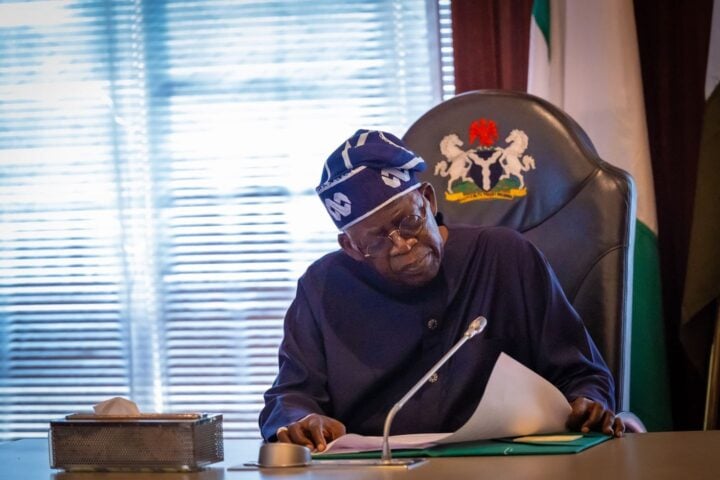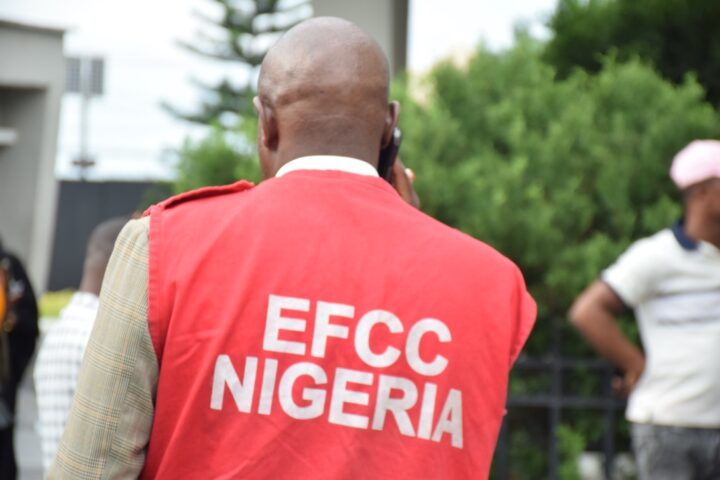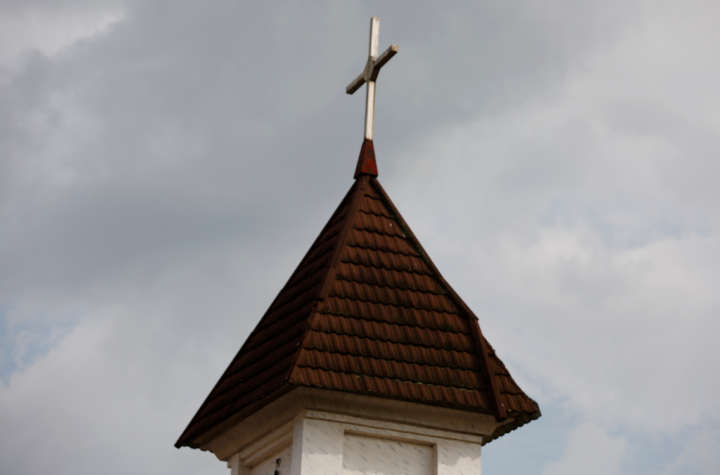President Bola Tinubu
BY SUNDAY ADELEYE
The recent decision by President Bola Tinubu to revive the National Sports Commission (NSC) is a milestone for Nigerian sports. For years, stakeholders and fans have called for an overhaul of the fragmented structures that left many of our athletes without the necessary resources or support.
By resuscitating the NSC, President Tinubu has shown a bold commitment to transforming sports in Nigeria, and his appointment of Shehu Dikko as Chairman is a promising step. As a respected football administrator, Dikko’s influence will certainly uplift Nigerian football, but for the Commission to meet the needs of all Nigerian athletes, there remains a crucial element: the appointment of a Director General who brings expertise beyond the realm of football.
The choice of Shehu Dikko has been widely praised, and deservedly so. His work within Nigerian football, where he was chairman of the League Management Company (LMC) that oversaw the Nigerian Professional Football League (NPFL), speaks to his ability to manage complex projects and drive growth. Yet, the NSC needs more than just a football-centric vision if it is to be a catalyst for national sports development. Football may be the most popular sport in Nigeria, but many other sports deserve equal attention, especially as they have provided Nigeria with international acclaim.
Advertisement
The director-general’s role is critical. This individual will not only assist the chairman in guiding the commission’s strategies but will also oversee broad policy direction, resource allocation, and program implementation for all sports. For this position, we need someone who can empathise with the diverse challenges faced by non-football athletes and administrators. A director-general with expertise outside of football would demonstrate the commission’s commitment to a holistic approach to sports development.
Nigeria’s success on the global stage has been defined by more than just football. Our track and field stars, boxers, and basketball players have made significant contributions, bringing us pride and recognition worldwide. From Chioma Ajunwa’s historic Olympic gold medal in long jump to Blessing Okagbare’s sprinting accomplishments, Tobi Amusan’s world record feats, and Ese Brume’s long jump exploits, our athletes have defied the odds.
Equally, our female basketball team was a delight at the Paris 2024 Olympics, making not just Nigeria, but the whole of Africa proud. However, their achievements have often come despite limited funding and support. Imagine the level of success that could be reached if these athletes were backed by an NSC that fully understood and prioritised their needs. A non-football expert as Director General could be instrumental in securing those resources and ensuring all sports in Nigeria are treated with equal importance.
Advertisement
Looking back to the 1990s, Nigeria’s sports scene flourished under the NSC’s guidance, with achievements across multiple sports. This period, highlighted by the Super Eagles’ success in the 1994 World Cup, also saw exceptional performances in track and field, boxing, and other sports. The NSC played a vital role in this golden era, directing resources across sports in a balanced manner that allowed various disciplines to thrive. With balanced leadership, Nigerian sports reached a golden age, inspiring a generation of athletes and fans alike.
Reinstating this model, with a broader focus on all sports, could be a pathway to reviving Nigerian sports today. By appointing a Director General with experience beyond football, President Tinubu can ensure that the NSC maintains a diverse perspective on sports development. This leader could draw on past successes, forging policies and partnerships that uplift all sports, whether mainstream or emerging.
Furthermore, it is crucial that members of the board represent not only the diverse range of sports in Nigeria but also the country’s rich diversity by including individuals from all geopolitical zones and various stakeholder bodies. The President should look to ensure that the appointment of board members is inclusive, bringing a mix of expertise from both football and non-football backgrounds. Such diversity would bring a range of perspectives to the Commission, enabling it to cater effectively to all sports and to champion athletes from every corner of Nigeria.
If not a sports leader, President Tinubu might consider a seasoned technocrat—someone with a proven background in organizational management, ideally within the public sector. A technocrat could bring a professional, data-driven approach to the NSC, focusing on accountability, transparency, and efficient use of resources. A skilled technocrat would understand that promoting Nigerian sports requires inclusive policies and structures that allow every sport to flourish. The emphasis would shift from a single-sport narrative to a national strategy that celebrates our athletes across the board.
Advertisement
Nigeria is blessed with rich talent and potential in sports, from football fields to wrestling mats, tracks, boxing rings, and more. Our athletes’ passion and skill are unmatched, but they can only reach their full potential with support from a well-rounded NSC. To achieve this, the Commission’s leadership must prioritize comprehensive sports development, recognising that every sport has a role to play in Nigeria’s national pride and international reputation.
By appointing a director-general who complements Chairman Dikko’s football expertise, along with a diverse board, President Tinubu can create a leadership team that understands the complexities of multiple sports. This balance will give every Nigerian athlete the chance to excel, lifting the entire sector and inspiring the next generation of Nigerian sports stars.
In making this choice, President Tinubu can fulfil a broader vision for Nigerian sports—a vision that values every sport, respects every athlete, and strengthens our national identity. As we look to the future, let us not focus solely on a single sport but instead embrace a model of sports leadership that upholds the dreams and ambitions of all Nigerian athletes. By doing so, the President will have ensured a lasting legacy for Nigerian sports, one that is rooted in fairness, balance, and a commitment to every Nigerian’s athletic potential.
Adeleye is a former technical director for the Athletics Federation of Nigeria.
Advertisement
Views expressed by contributors are strictly personal and not of TheCable.
Add a comment







